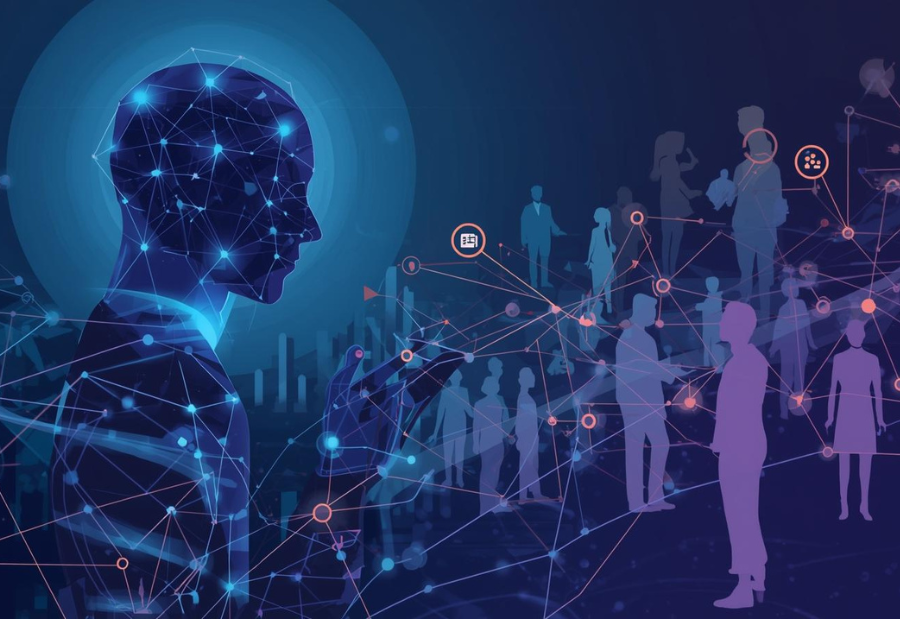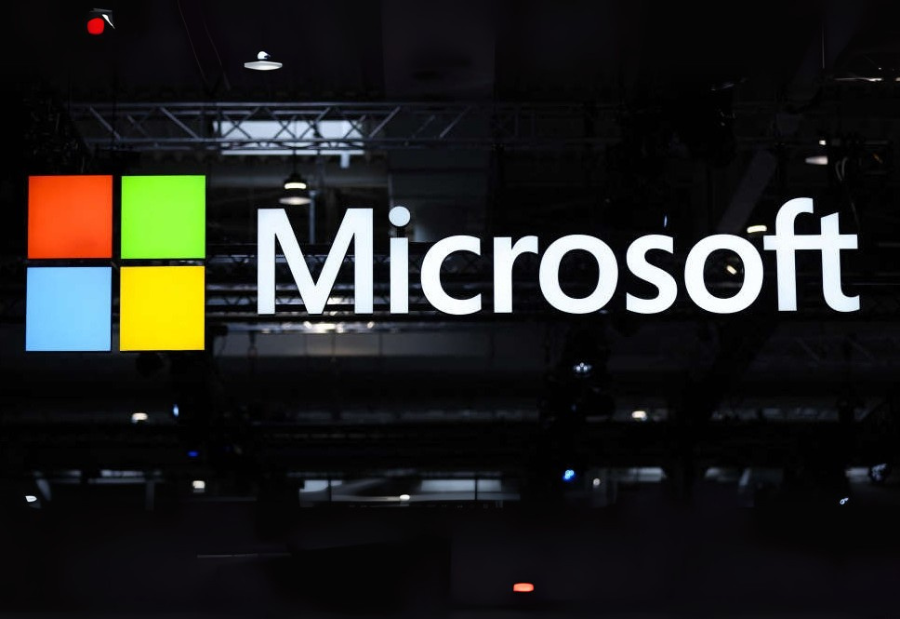For more than a decade, digital tools have helped recruiters work faster, whether through applicant tracking systems, resume parsers, or automated interview scheduling. These technologies transformed efficiency but left much of recruitment’s complexity intact.
Today, a new phase of innovation is unfolding: Agentic AI, systems capable of acting autonomously toward defined objectives. Unlike conventional automation, agentic AI does not just follow a script. It evaluates context, learns from feedback, adapts to changing goals, and coordinates multiple processes simultaneously.
For recruitment leaders, this means more than shaving minutes off workflows. It represents the beginning of a shift toward intelligent orchestration, where AI doesn’t just execute recruiter tasks but actively augments decision-making, anticipates candidate needs, and reshapes the hiring experience into something more personal, predictive, and resilient. The implications stretch beyond efficiency: this is about building recruitment systems that are proactive, adaptive, and deeply aligned with organizational strategy.
This shift is backed by data and already visible in adoption trends. Deloitte projects that a quarter of enterprises experimenting with generative AI will launch agentic AI pilots by 2025, with adoption climbing to 50% by 2027. The consulting firm identifies talent acquisition as one of the most immediate beneficiaries, particularly in areas like interview orchestration, candidate feedback loops, and predictive talent mapping.
McKinsey’s research on the future of work shows companies that integrate advanced AI into HR processes can achieve up to 40 percent faster hiring cycles and 20 to 30 percent productivity gains for recruiters. Meanwhile, PwC’s Global AI Jobs Barometer 2025 highlights a parallel pressure: roles exposed to AI are experiencing 66 percent faster evolution of required skills than less-exposed roles.
For recruiters, this signals a double imperative: leveraging agentic AI to attract scarce skills while also reskilling their own teams to collaborate effectively with autonomous systems. Taken together, these findings confirm that agentic AI is not a distant possibility but a practical path forward, one that is already reshaping how organizations compete for talent.
Examples of deployment show how rapidly this vision is moving from theory to practice. Accenture, for instance, has committed to training hundreds of thousands of employees in agentic AI, framing it as a strategic capability for both recruitment and workforce transformation. Deloitte’s research into multi-agent systems finds HR leaders already piloting AI agents that flag employee attrition risks, automate candidate communication, and manage interview pipelines with minimal oversight.
Several recruitment technology providers have begun experimenting with semi-autonomous agents that handle sourcing, engagement, and shortlisting before handing candidates to human recruiters. McKinsey notes that while fewer than 1 percent of organizations currently consider themselves mature in AI adoption, those investing early in agentic systems are unlocking disproportionate advantages in speed, candidate quality, and recruiter capacity.
The larger consequence is a fundamental redesign of the recruiter’s role: rather than processing applications, recruiters are repositioning themselves as brand custodians, experience designers, and culture shapers, functions that no algorithm can replace.
Still, the road to widespread adoption is far from smooth. Deloitte’s 2025 AI adoption outlook highlights several barriers: unclear business cases, integration issues with legacy HR systems, and a shortage of technical expertise to manage and monitor AI agents responsibly. Trust remains a defining challenge. Only about 13 to 15 percent of organizations surveyed by Deloitte report using agentic AI in live HR processes today, while roughly a third are running early pilots.
PwC warns that without rigorous safeguards, the use of biased historical data could lead to unfair or opaque hiring outcomes. BCG has emphasized the importance of adopting human-in-the-loop models, where recruiters retain oversight and accountability even as AI agents handle execution. This balance between efficiency and ethics, autonomy and accountability, will determine how sustainable the shift really is.
The organizations that succeed will be those that view agentic AI not as a shortcut but as a strategic partner: one that enables scale and precision while ensuring recruitment remains fair, human-centered, and trust-driven. In this sense, agentic AI is not the end of human recruitment, it is the beginning of a more collaborative, future-ready model.
Also read: Viksit Workforce for a Viksit Bharat
Do Follow: The Mainstream formerly known as CIO News LinkedIn Account | The Mainstream formerly known as CIO News Facebook | The Mainstream formerly known as CIO News Youtube | The Mainstream formerly known as CIO News Twitter |The Mainstream formerly known as CIO News Whatsapp Channel | The Mainstream formerly known as CIO News Instagram
About us:
The Mainstream formerly known as CIO News is a premier platform dedicated to delivering latest news, updates, and insights from the tech industry. With its strong foundation of intellectual property and thought leadership, the platform is well-positioned to stay ahead of the curve and lead conversations about how technology shapes our world. From its early days as CIO News to its rebranding as The Mainstream on November 28, 2024, it has been expanding its global reach, targeting key markets in the Middle East & Africa, ASEAN, the USA, and the UK. The Mainstream is a vision to put technology at the center of every conversation, inspiring professionals and organizations to embrace the future of tech.




